About General Organic Chemistry (JEE Main, Class11th)
What is General Organic Chemistry ?
General Organic Chemistry is a branch of chemistry that focuses on the study of carbon compounds, also known as organic compounds. It deals with the structure, properties, composition, reactions, and synthesis of organic molecules. Organic compounds are essential to life and are found in a wide range of substances such as carbohydrates, proteins, lipids, and nucleic acids. The field of General Organic Chemistry encompasses various fundamental concepts and principles, including the structure and bonding of organic molecules, functional groups, isomerism, stereochemistry, and reaction mechanisms. It explores the ways in which organic compounds can be synthesized, transformed, and analysed using different experimental techniques. Understanding General Organic Chemistry is crucial for various scientific disciplines, including biochemistry, medicinal chemistry, environmental science, and materials science. It provides a foundation for studying the behaviour of organic compounds in different environments, their interactions with other substances, and their role in biological processes.
Overall, General Organic Chemistry plays a vital role in unravelling the complexity of organic compounds and their applications in various fields, enabling scientists to design new molecules with specific properties and develop innovative solutions to real-world challenges.
Download PDF on General Organic Chemistry
Table of Content
1. Bonding in organic compounds.
2. Hybridization in organic compounds.
3. Dipole moment of organic compounds.
4. Steric effect.
5. Intermolecular forces.
6. Mechanism of organic reactions.
7. Electronic displacement in covalent bonds.
8. Cleavage (fission or breaking) of covalent bonds.
9. Reaction intermediates.
10. Attacking reagents.
11. Types of organic reactions.
12. Isomerism.
13. Constitutional or structural isomerism.
14. Geometrical or cis-trans isomerism.
15. Optical isomerism.
16. Conformational isomerism.






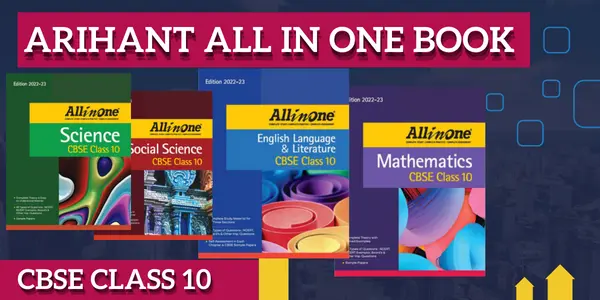
.webp)
%20(1).png)






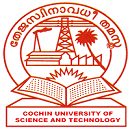 CUSAT CAT (Cochin University of Science ...)
CUSAT CAT (Cochin University of Science ...)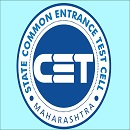 MHT CET (Maharashtra Common Entrance Tes...)
MHT CET (Maharashtra Common Entrance Tes...) KCET (Karnataka Common Entrance Test...)
KCET (Karnataka Common Entrance Test...) JEE Advanced (Joint Entrance Examination...)
JEE Advanced (Joint Entrance Examination...)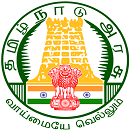 TNEA (Tamil Nadu Engineering Admissions...)
TNEA (Tamil Nadu Engineering Admissions...)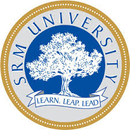 SRMJEEE (SRM Joint Engineering Entrance ...)
SRMJEEE (SRM Joint Engineering Entrance ...) WBJEE (West Bengal Joint Entrance Examin...)
WBJEE (West Bengal Joint Entrance Examin...).webp) GUJCET (Gujarat Common Entrance Test...)
GUJCET (Gujarat Common Entrance Test...)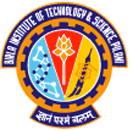 BITSAT (Birla Institute of Technology an...)
BITSAT (Birla Institute of Technology an...)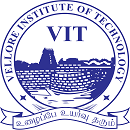 VITEEE (Vellore Institute of Technology ...)
VITEEE (Vellore Institute of Technology ...)

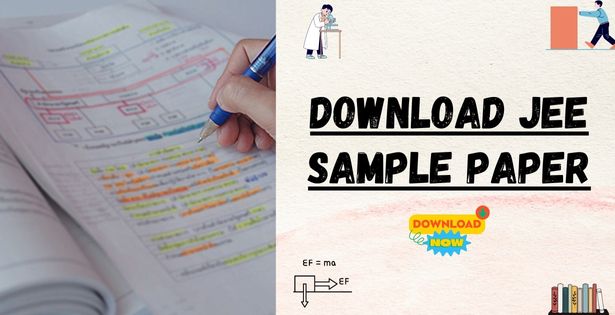
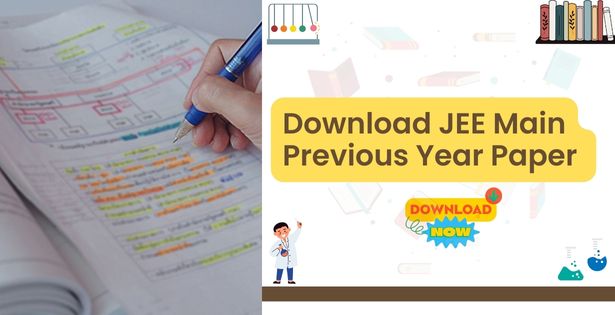
%20(1).png)
